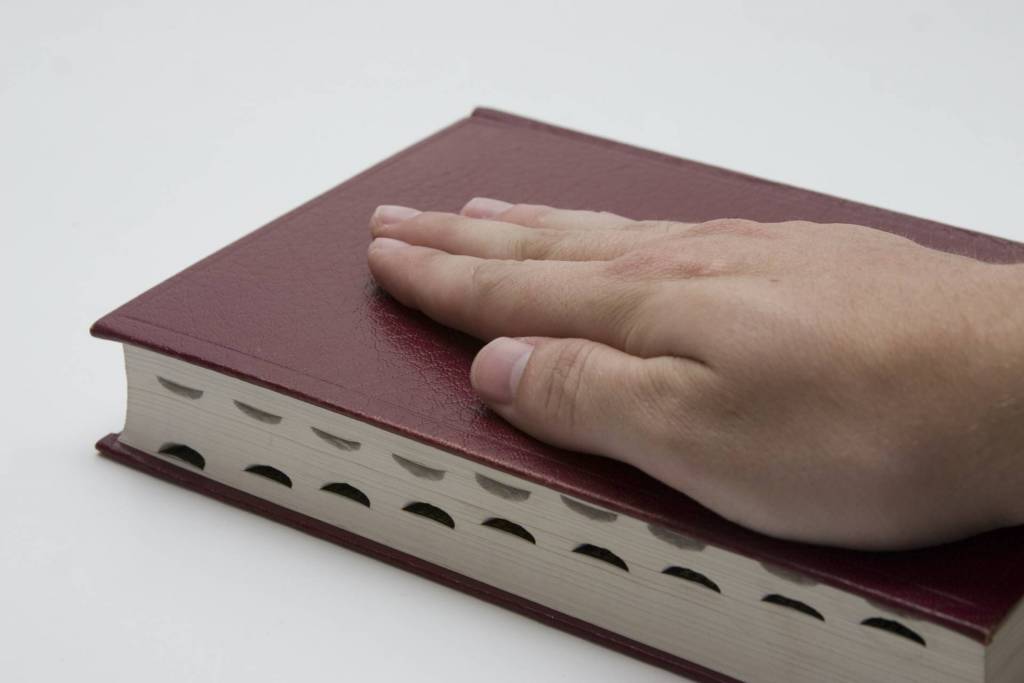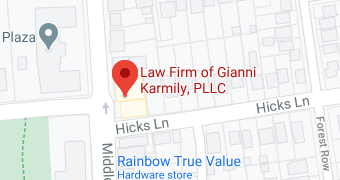Have you been arrested in New York? Depending on the crime you are being charged with, you may be expected to pay restitution. Read on to learn more about what restitution actually is, why you are required to pay it, and what you can do to avoid this penalty if you are being requested to pay restitution.
If you have been arrested for any kind of criminal charge in New York, don’t gamble with your future and your freedom. Hire a smart, hard-working Nassau County, Long Island skilled lawyer handling defense cases who will take the time to understand your side of the story and who will fight aggressively to make sure your rights are upheld at every step of the criminal proceedings.
What Is Restitution?
The term restitution “refers both to disgorging something which has been taken, and to compensation for loss or injury done. In civil cases, restitution is a remedy associated with unjust enrichment in which the amount of recovery is typically based on the defendant’s gain rather than the plaintiff’s loss.
In criminal cases, restitution is full or partial compensation for loss paid by a criminal to a victim that is ordered as part of a criminal sentence or as a condition of probation.”
In plain language, restitution is another word for money that a defendant pays to a victim to recoup losses the victim suffered as a result of the crime. Restitution may be tricky to understand because it is not the same as money paid to the court in the form of fines or surcharges. Defendants will also be required to forfeit any monetary gains they received as a result of the crime, which is also a separate process from the payment of restitution.
In general, any losses incurred by the victim can be considered in determining whether restitution is warranted. In New York, the sum of the general losses incurred by the victim are factored into the amount of restitution you would be required to pay. This typically often includes:
- The cost of repairing property damaged as a result of the crime
- The cost of replacing property stolen as a result of the crime
- The cost of medical expenses the victim incurred as a result of the crime
- Insurance deductibles that victim was required to pay
- Lost wages or income suffered by the victim
How Does The Court Determine How Much Money I Should Have To Pay In Restitution?
In every civil case, there are damages. Damages are the sum of the damage done to the victim as a result of the crime. For example, after a car accident, the victim’s car may be totaled and there may be personal property that was inside the car that became damaged as well. If the victim also suffered injuries, they would need medical care and would subsequently accrue medical debt as a result. The cost of the car repairs, the value of the damaged property and the sum of the medical debt would all be considered damages in this scenario. So, similarly, in criminal contexts, the extent to which a victim has been financially burdened as a result of your actions will determine how much money you might pay in restitution.
Additionally, if you were arrested for theft, the total sum or value of all the stolen goods would be factored into the amount of restitution you are required to pay. Sometimes, restitution is part of a plea deal.
What Should I Do If I Was Arrested In New York And Am Being Required To Pay Restitution?
If you are taken into police custody and charged with a crime in the State of New York, do not physically resist the police. Cooperate and comply, but be firm about not letting the police violate your legal rights. Instead, insist on your rights, and exercise them. After an arrest:
- Exercise your right to remain silent.
- Remember that anything you say can be used against you in a court of law.
- Know that you have the right to have an attorney, and the right for that attorney to be present during any questioning.
If a condition of your arrest is for you to pay restitution, your lawyer will create an appropriate, effective defense strategy on your behalf to reduce this risk as best as possible.
Schedule A Free Consultation With The Law Firm Of Gianni Karmily Today
Never gamble with your future, your financial security or your freedom. If you have been arrested in New York and are being required to pay restitution from the court, you need the help of a hardworking Nassau County, Long Island criminal defense lawyer to maximize your defense strategy and refuse your penalties as best as possible.









